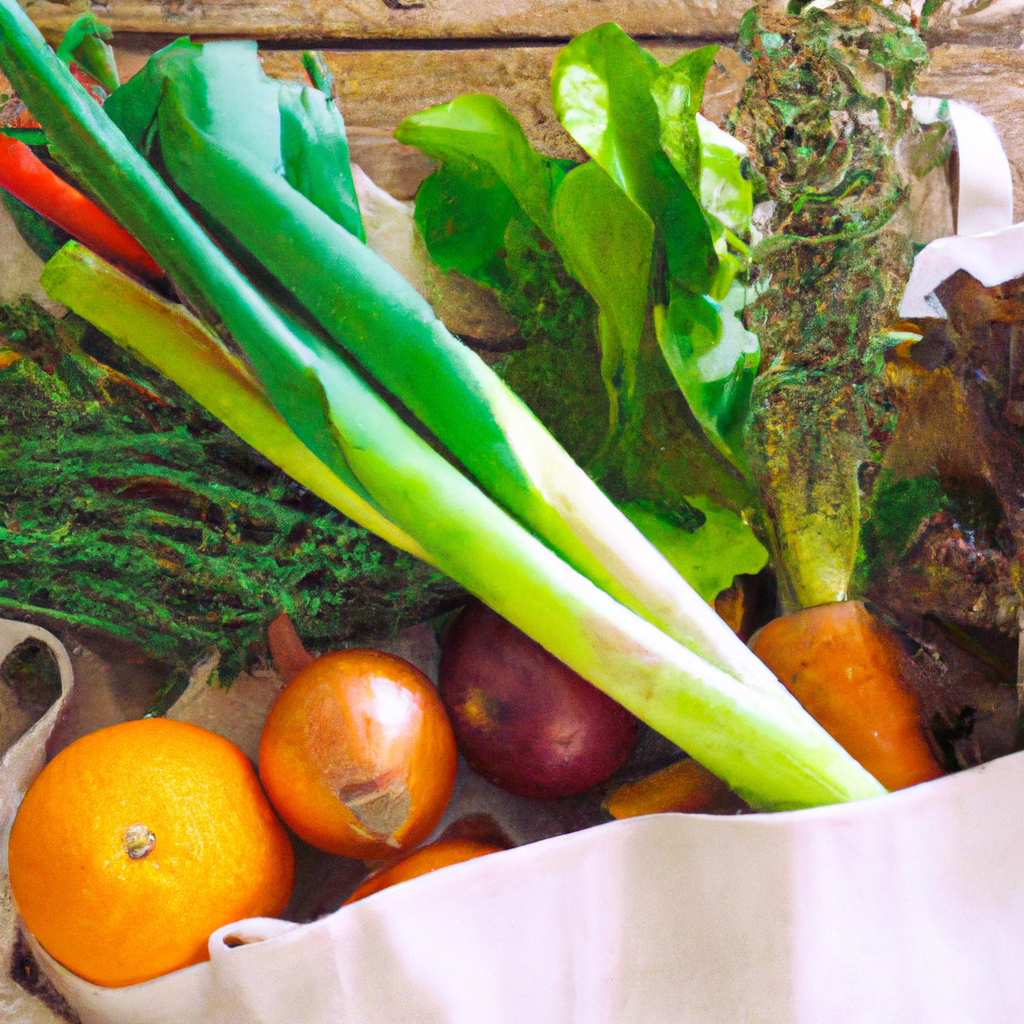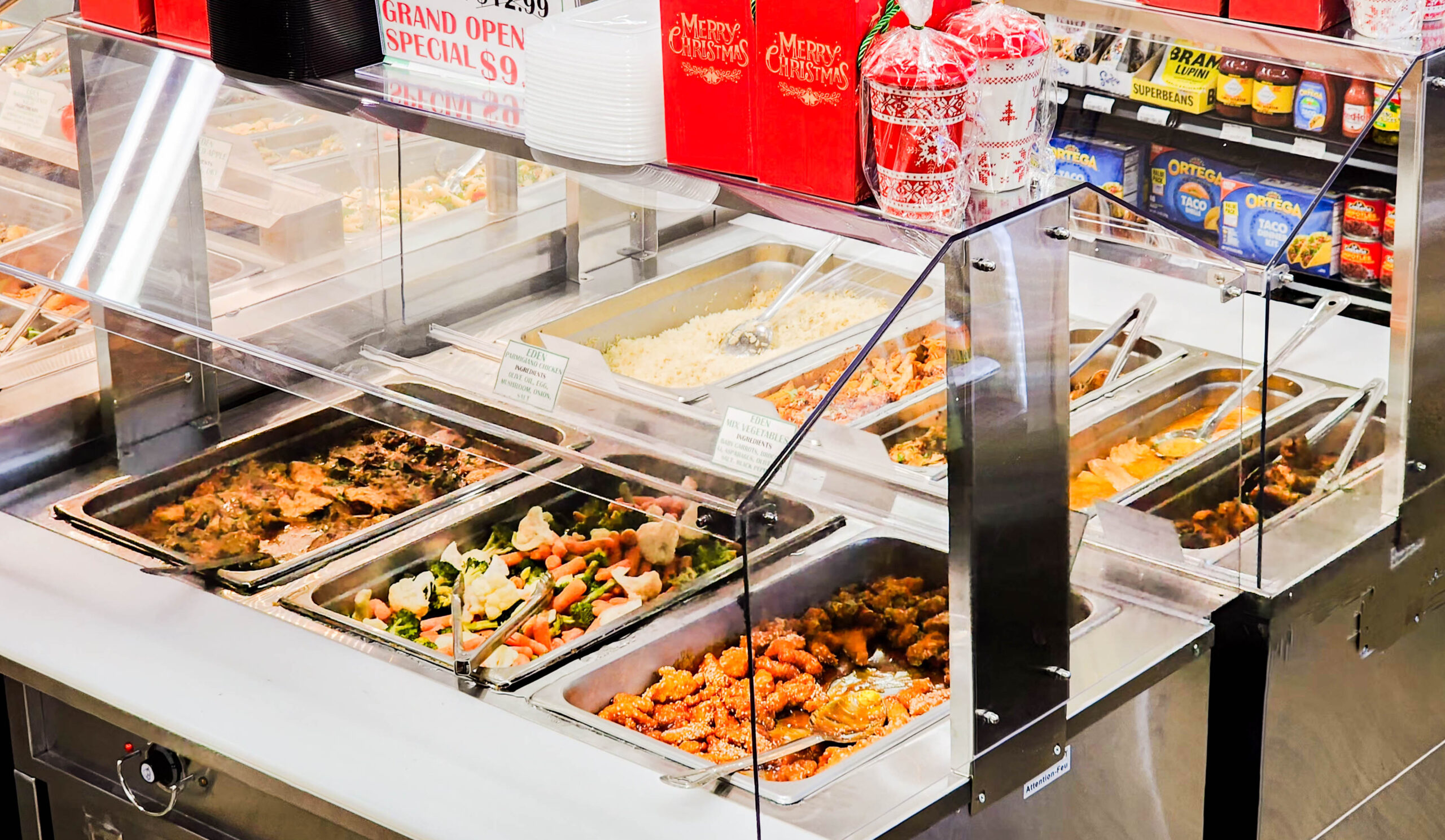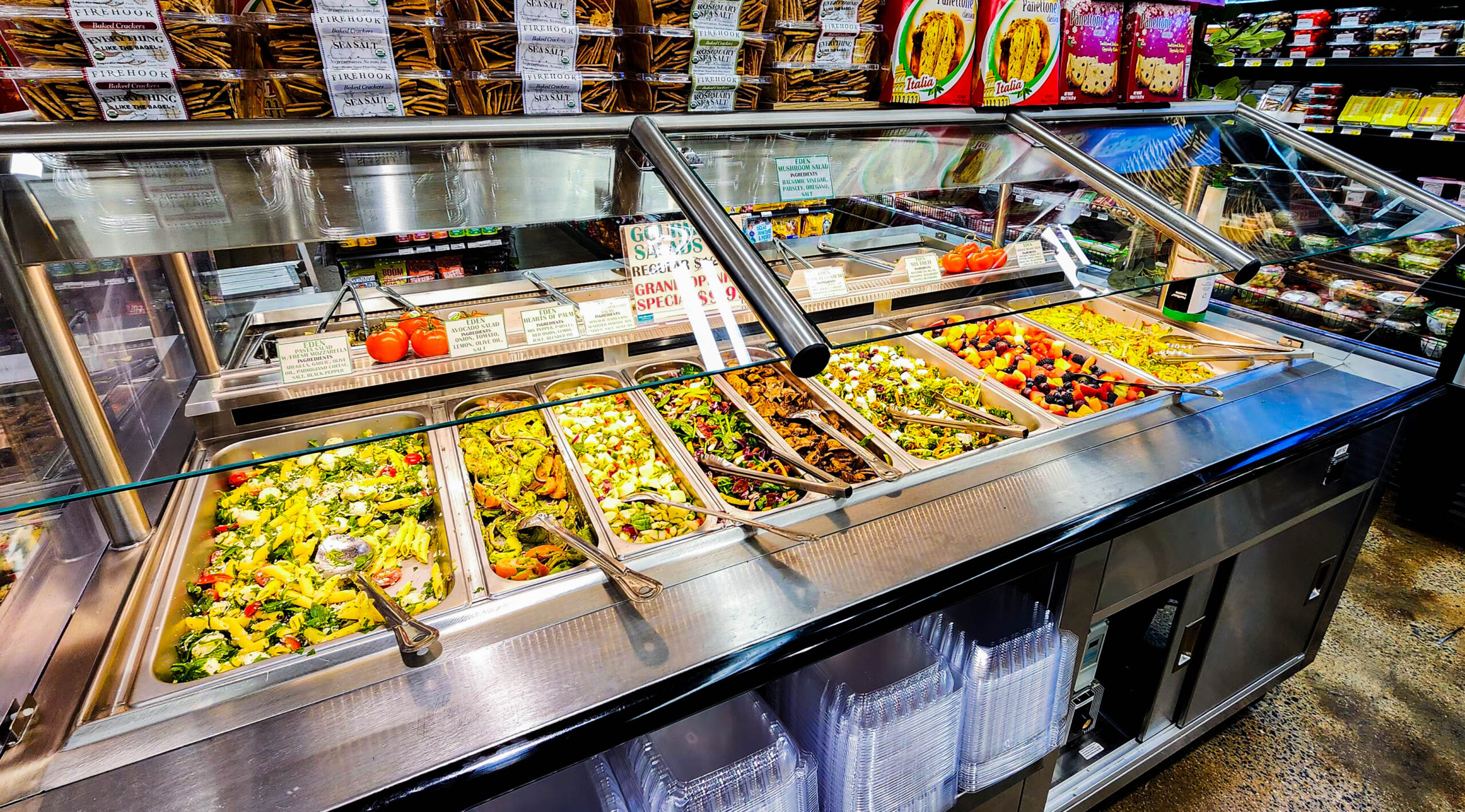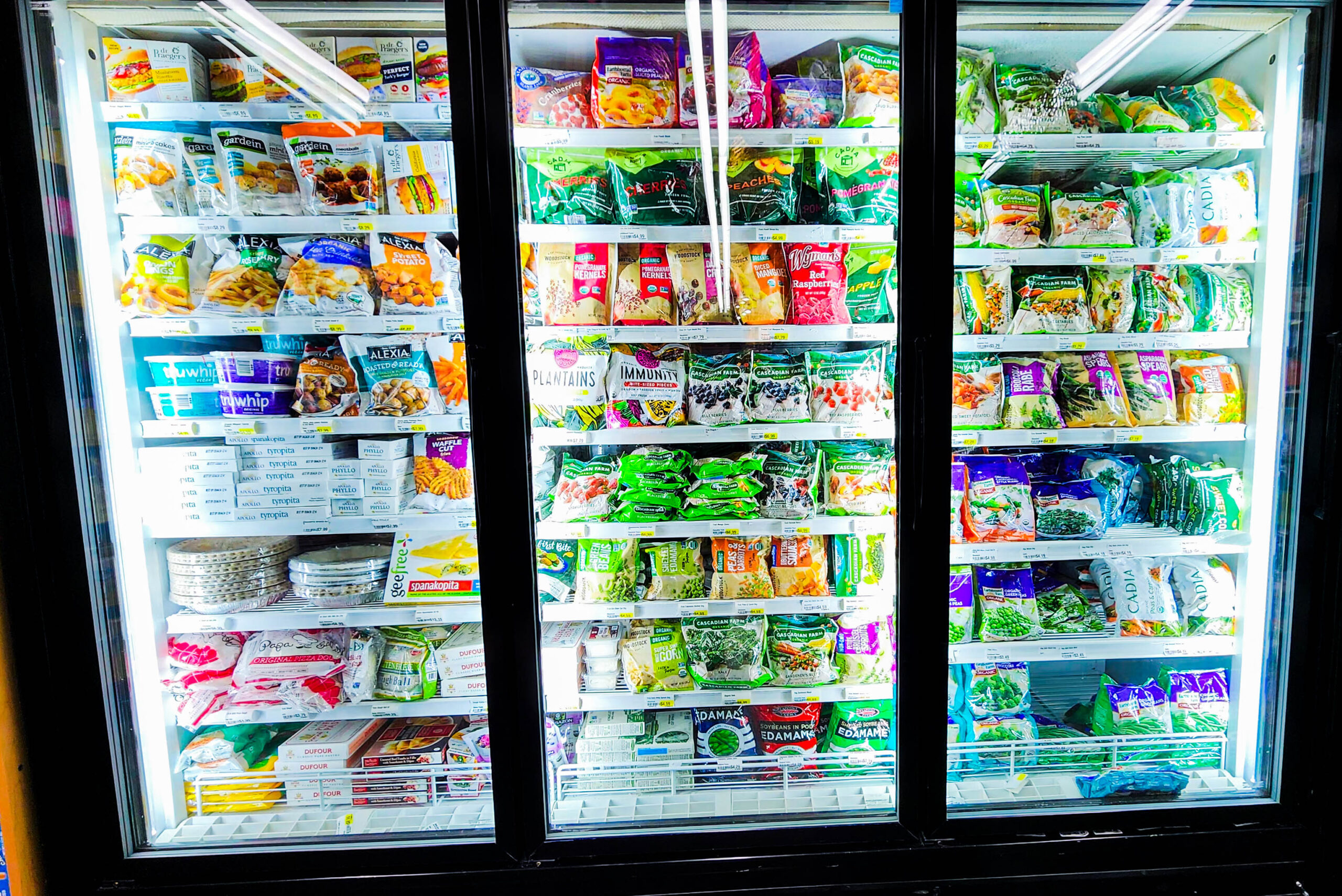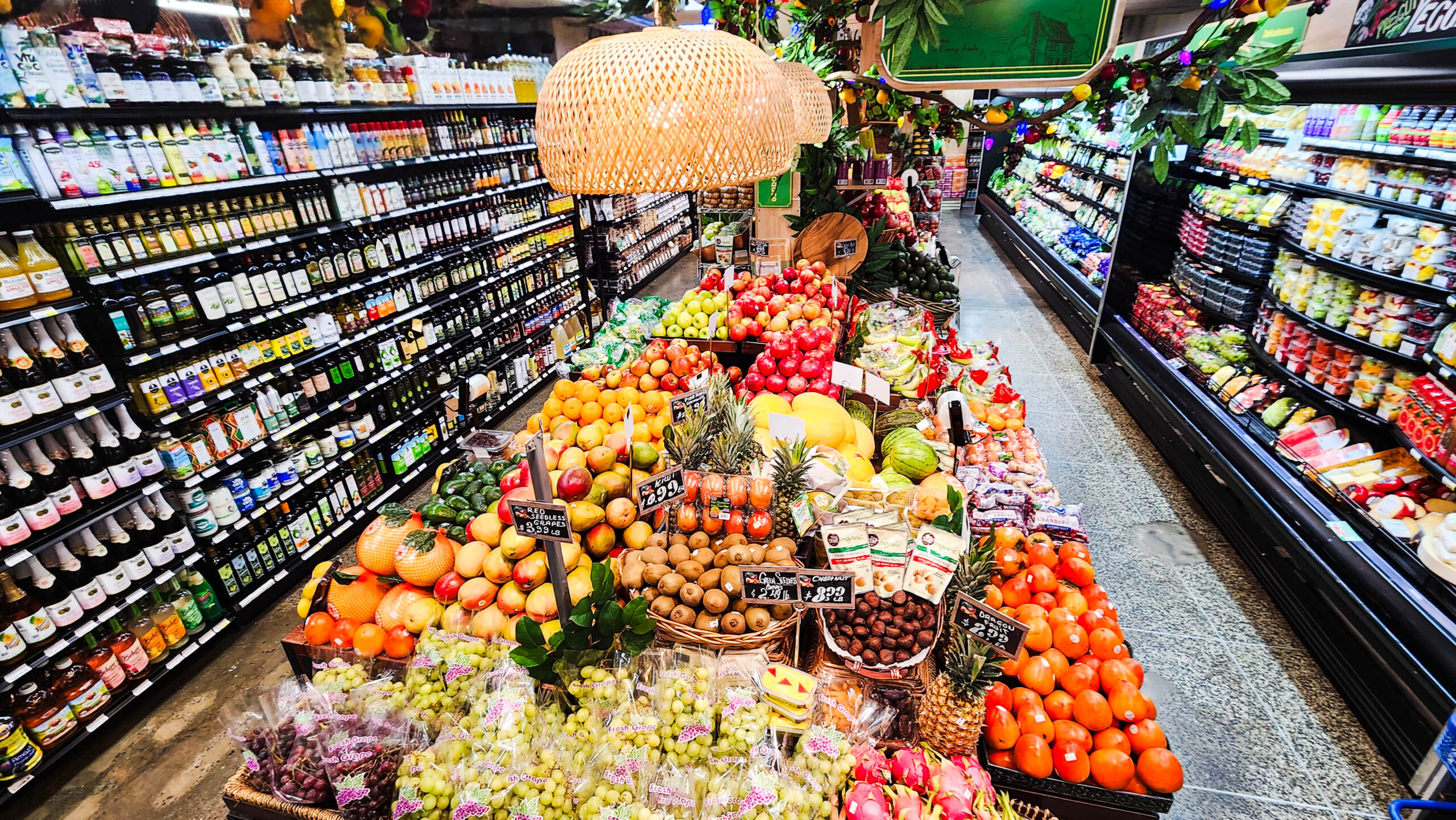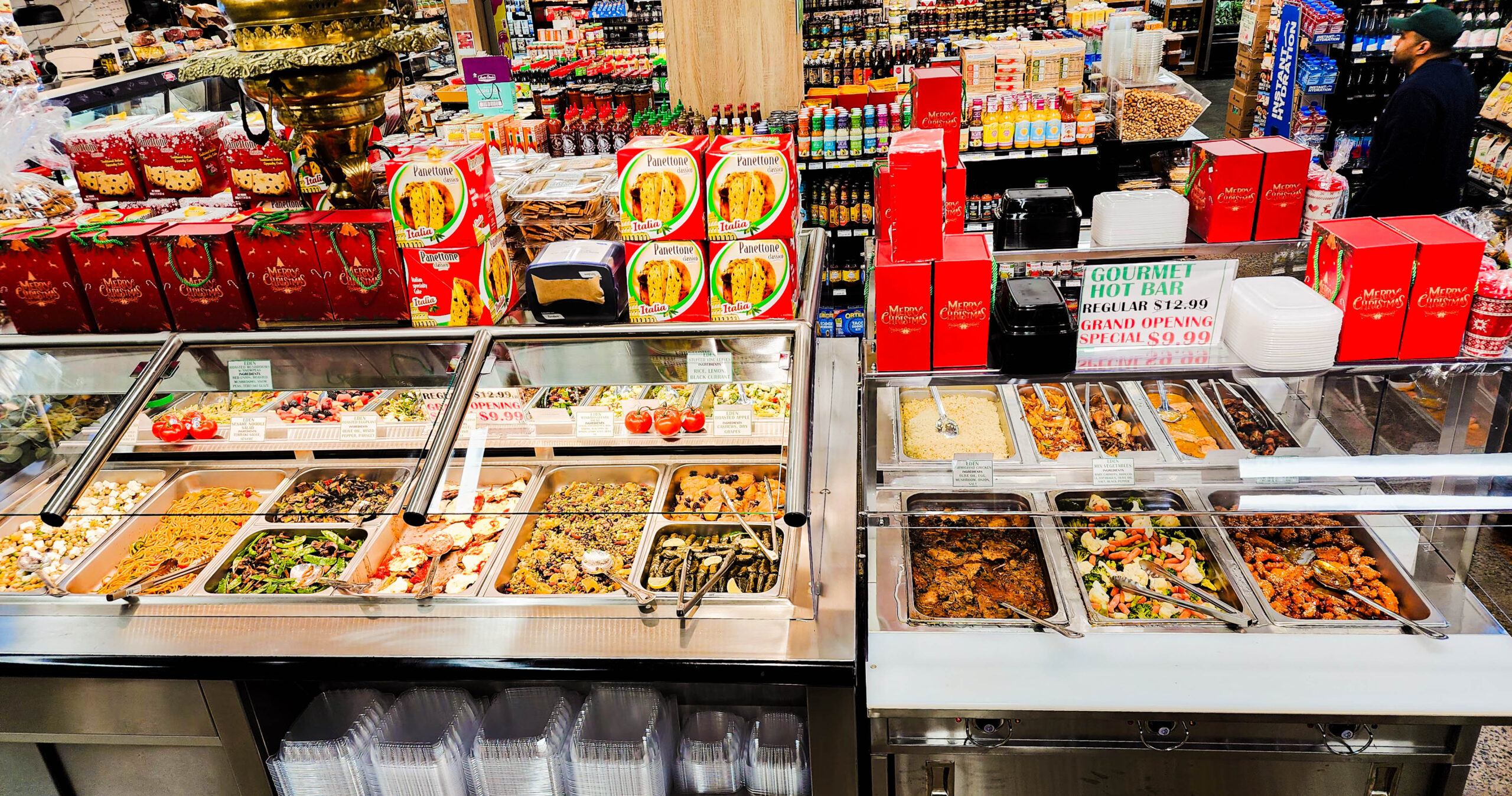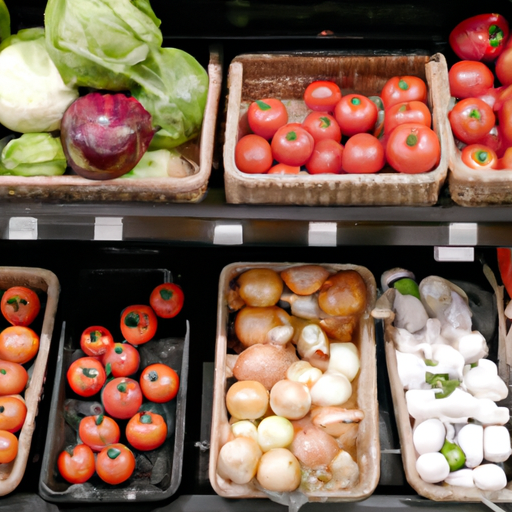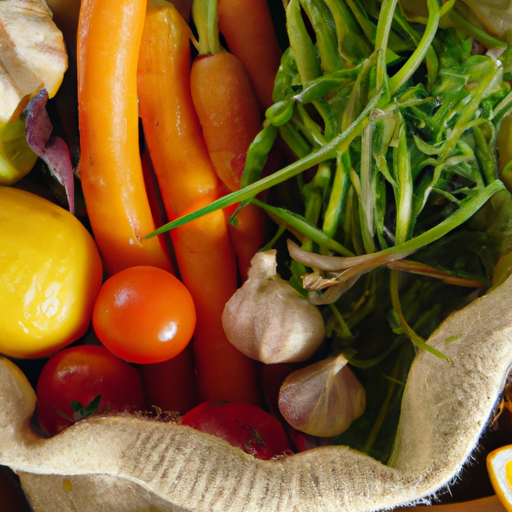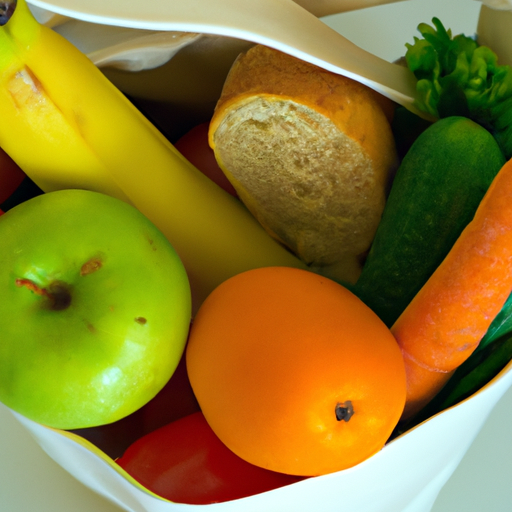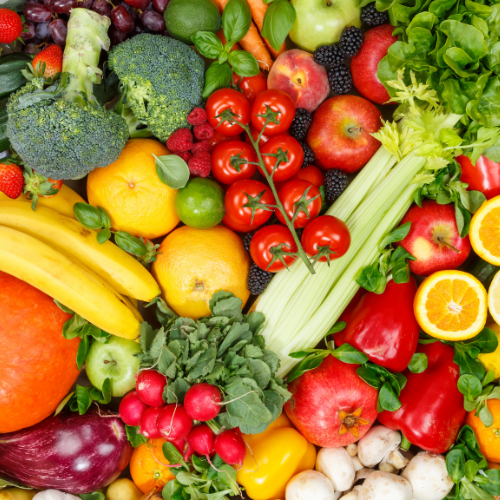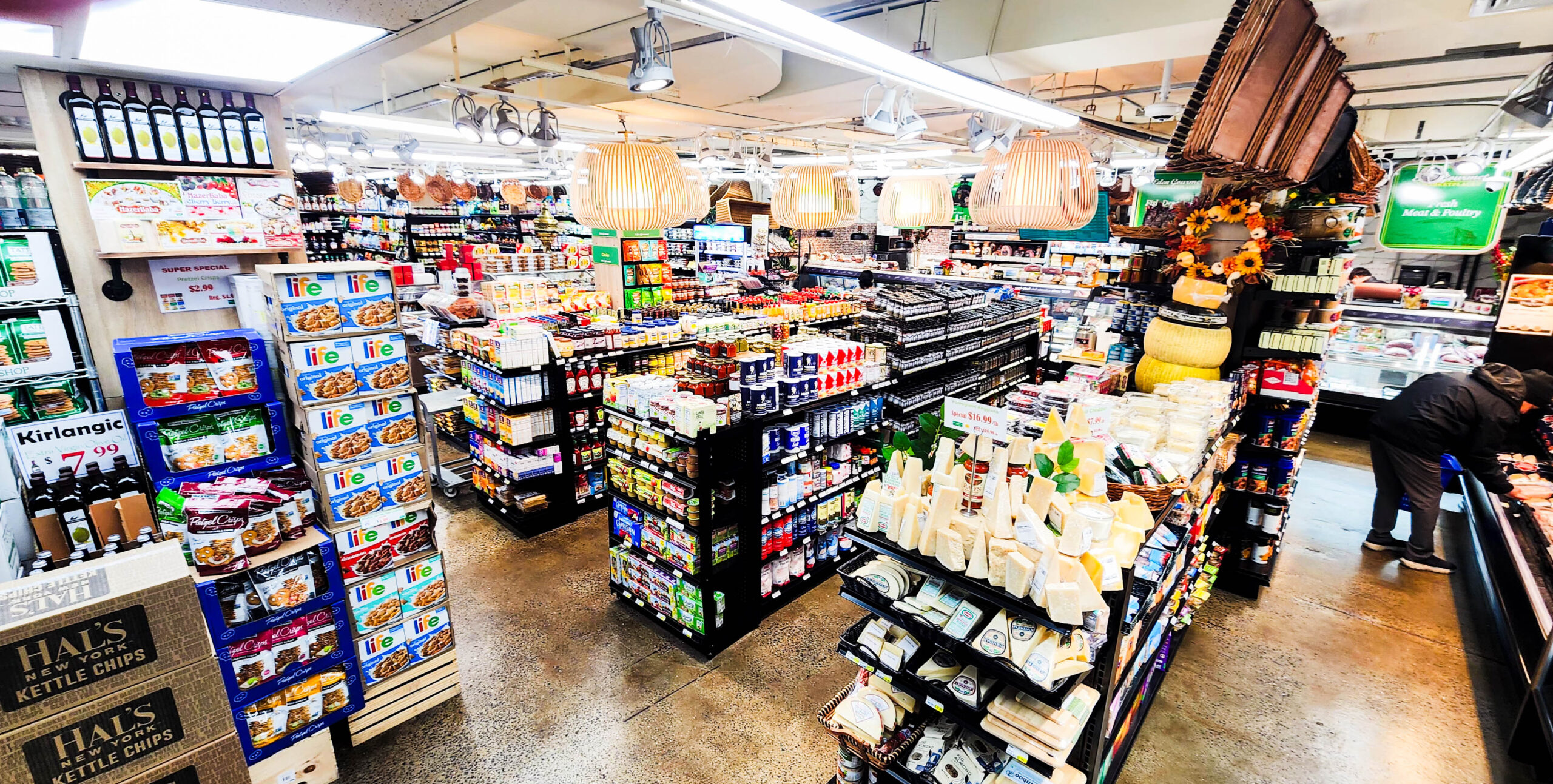Share This Story, Choose Your Platform!
The Ultimate Guide to Zero-Waste Grocery Shopping: Tips for Sustainable and Eco-Friendly Consumption
Are you looking to reduce your environmental impact and live a more sustainable lifestyle? One of the best places to start is at the grocery store. By making conscious choices and adopting zero-waste practices, you can significantly reduce the amount of waste you produce while still enjoying a fulfilling shopping experience. In this comprehensive guide, we will explore practical tips for zero-waste grocery shopping, making sustainable choices, and embracing an eco-friendly lifestyle.
Understanding Zero-Waste Grocery Shopping
Zero-waste grocery shopping is all about minimizing the amount of packaging and waste that comes with your purchases. This means choosing products that are not only good for you but also good for the environment. By being mindful of your shopping habits, you can make a positive impact on the planet and reduce your carbon footprint.
Bring Your Own Bags and Containers
One of the easiest ways to reduce waste at the grocery store is to bring your own reusable bags and containers. Invest in a set of durable, washable bags for carrying your groceries, as well as glass jars or containers for bulk items like grains, nuts, and spices. By eliminating the need for single-use plastic bags and containers, you can significantly reduce your waste output.
Shop in Bulk
Buying in bulk is not only cost-effective but also environmentally friendly. Look for stores that offer bulk bins where you can purchase items like grains, pasta, and snacks without any packaging. Bring your own containers and fill them up with the exact amount you need, reducing the amount of waste that ends up in landfills.
Choosing Environmentally Friendly Products
When shopping for groceries, it’s important to choose products that are sustainable and eco-friendly. Look for items that are organic, locally sourced, and packaged in recyclable materials. By supporting companies that prioritize sustainability, you can help reduce your environmental impact and support a more sustainable food system.
Avoid Single-Use Plastics
Single-use plastics are a major contributor to environmental pollution. Avoid products that come in plastic packaging whenever possible and opt for items that are packaged in glass, paper, or metal instead. Bring your own reusable produce bags and containers to further reduce your plastic waste.
Support Local Farmers and Producers
Buying locally grown produce and products not only supports your community but also reduces the carbon footprint of your food. Look for farmers markets and local co-ops where you can purchase fresh, seasonal produce that hasn’t traveled long distances to reach your plate.
Reducing Your Carbon Footprint
Reducing your carbon footprint is essential for combating climate change and preserving the planet for future generations. By making sustainable choices at the grocery store, you can significantly reduce your environmental impact and contribute to a healthier, more sustainable world.
Plan Your Meals and Shopping Trips
By planning your meals and shopping trips in advance, you can avoid impulse purchases and reduce food waste. Make a list of the items you need before heading to the store and stick to it to minimize excess packaging and unnecessary purchases.
Compost Food Scraps
Instead of throwing away food scraps, consider composting them to create nutrient-rich soil for your garden. Many communities offer composting programs, or you can start your own compost bin at home. By diverting food waste from landfills, you can help reduce greenhouse gas emissions and support a more sustainable food system.
Summary
Zero-waste grocery shopping is a simple yet powerful way to reduce your environmental impact and live a more sustainable lifestyle. By bringing your own bags and containers, shopping in bulk, choosing environmentally friendly products, and reducing your carbon footprint, you can make a positive impact on the planet while still enjoying a fulfilling shopping experience. Start implementing these tips today and join the movement towards a zero-waste future.

